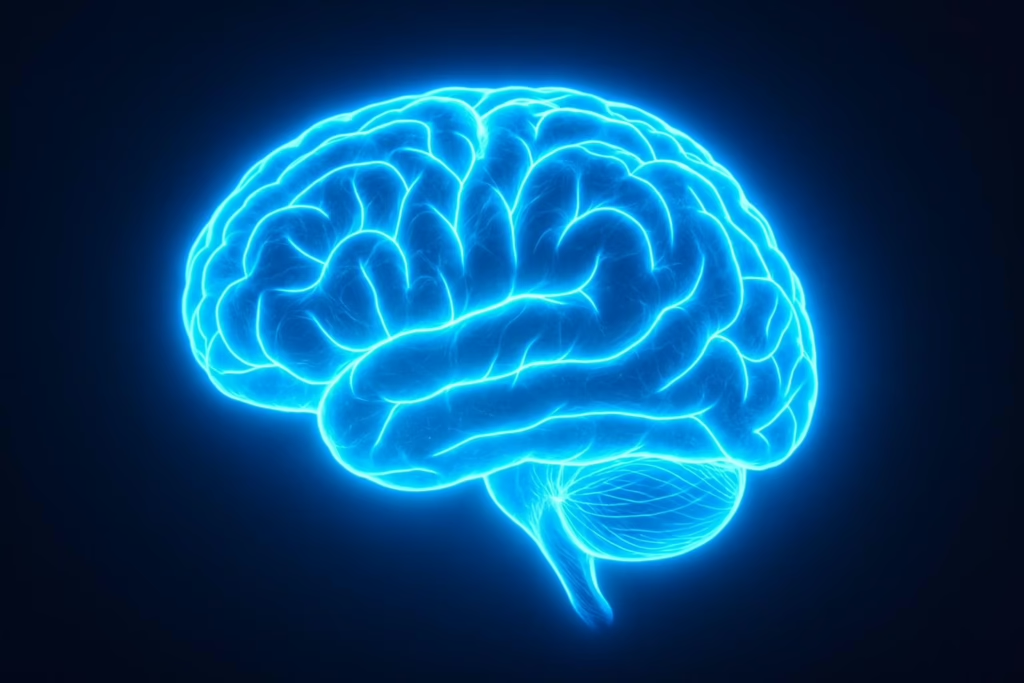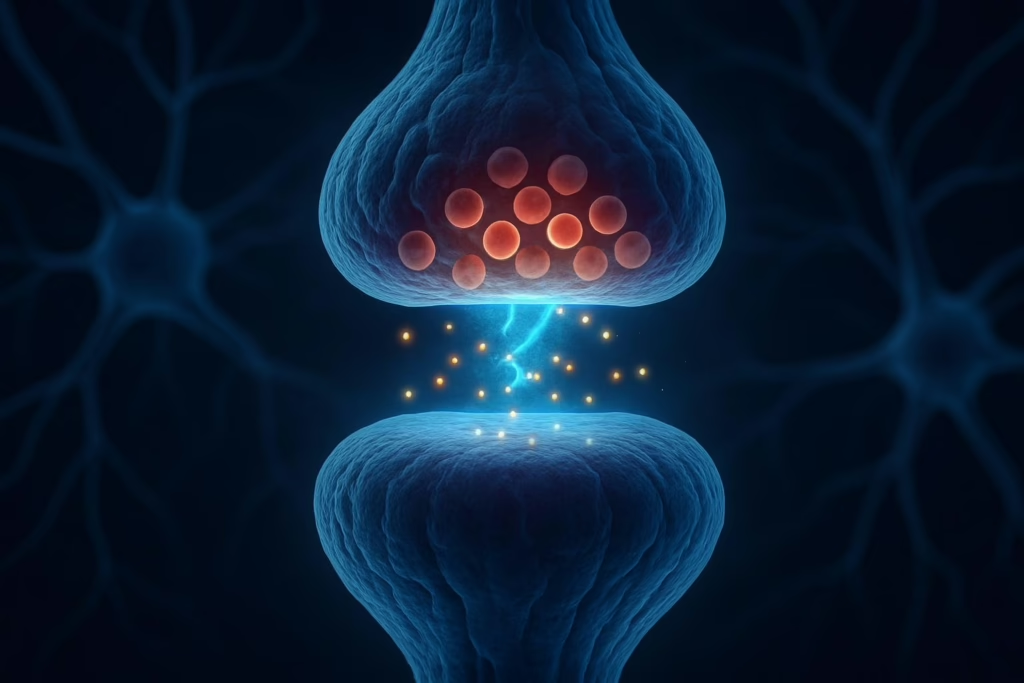
Does Magnesium Help With Brain Fog And Brain Function
Research is emerging which suggests that magnesium does possibly help with positively influencing our brain function and feelings of brain fog a lot more than previously thought.
Most research with magnesium either as in our diet or as a supplement focuses mostly on the role of magnesium in the signalling of healthy muscle movement during exercise. Magnesium is an essential electrolyte for our bodies to be consuming regularly. Especially in warm weather or after heavy exercise when our bodies use lots of electrolytes or lose them in our sweat. Some symptoms of magnesium deficiency are muscle cramps and fatigue.
Magnesium is essential for neuromuscular signalling but is also important for maintaining an optimal cellular condition for the growth and life of cells. Magnesium influences energy production within cells and also DNA production. Levels of magnesium also influence levels of other electrolytes such as calcium and potassium which helps to support optimal cellular conditions.
Emerging research especially with nervous system excitotoxins is showing that the role of magnesium in protecting cellular conditions may also extend to brain cells. Magnesium has also been implicated in the development of migraines. Magnesium may support brain cell health and positive changes in brain synapse transmissions to assist with overall brain function or learning ability. Different studies have also linked an increased magnesium intake to reductions in the risks of developing Alzheimer’s and dementia.
Here the evidence that magnesium does possibly help to support optimal brain function and reduce brain fog will be considered to show why magnesium is such an important nutrient.

How Magnesium Helps Our Brain
Magnesium is one of the most essential and one of the most electrolytes abundant electrolytes found within our bodies. Magnesium is used throughout our body to maintain optimal cellular and organ tissue functioning. Males require about 420mg of magnesium and woman require about 320mg of magnesium according to a standard RDA. Some studies suggest that 75% of Americans do not consume the suggested RDA of magnesium.
Most studies focus on how magnesium affects the body or the muscles. There is a lack of studies covering the influences of magnesium on our brain. Magnesium passes though the blood brain barrier where this mineral assists with supporting the optimal functioning of our brain. Magnesium supports the healthy maturation of neurones or nerves cells within the brain.
Some studies have indicated that magnesium could prevent the degradation of the blood brain barrier. This may occur via reductions in oxidative stress and inflammation. Because of the role magnesium plays in supporting optimal cellular conditions for them to thrive this mineral could be naturally protective of the cells within the nervous system.
Magnesium is vital for supporting healthy energy production within cells and also helps to prevent calcium overload. One study linked brain migraines to deficiencies in energy metabolism and mitochondrial issues. Magnesium is an essential cofactor for 300 enzymes in the body. These help to maintain optimal organ functioning including activating the enzyme needed for DNA synthesis.
Magnesium has been shown to be preventative of inflammatory excitotoxic damage to brain cells. Magnesium may also help to maintain the optimal condition of the brain and brain cells by supporting health of their myelin sheaths. Myelin sheaths are very important in maintaining brain signal speed and optimal cognition. This could be a main influencing factor on how magnesium does possibly influence brain fog and brain functioning.

Could Magnesium Support Healthy Cognition And Reductions In Brain Fog
Not many studies have considered this question but emerging results are indicating that magnesium does possibly support brain function and may also help to reduce feelings of brain fog.
One study found that levels of magnesium were associated with massive reductions in cognitive impairment and also all cause dementia. When magnesium levels were supported to more optimal levels there were observed improvements in brain function. Other studies have also found that magnesium is a risk factor for dementia. This is mainly because of the critical roles magnesium may have in neurological functioning.
Dementia is of course a brain disability which is relatable to changes in memory and mental clarity. This would indicate that optimal levels of magnesium does possibly also reduce feelings of brain fog.
Research with Alzheimer’s disease further supports links between magnesium and brain function. Alzheimer’s disease is another health issue which strongly influences brain functioning. Individuals with Alzheimer’s disease consistently showed depleted magnesium levels in comparison to those without.
Magnesium is also involved in the processes which manage blood pressure regulation and risk of high blood pressure. High blood pressure is known to influence cognitive functioning and is linked with an increased risk of cognitive decline. Various studies have also linked low levels of magnesium with atherosclerotic disorders of the blood vessels. Atherosclerotic build up in our blood vessels is thought to increase blood pressure and also increases risks of developing strokes.
Interestingly some studies have shown that low magnesium is linked to higher risks of vascular dementia. Two studies found that this link was drastic. A massive uptick in magnesium levels corresponded to a reduced risk of vascular dementia. This is another important means as to how magnesium could influence feelings of brain fog and also brain function.

Could Magnesium Support Brain Function
Some researchers have also found that a higher intake of magnesium is linked with lower risk of cognitive impairment. There is also evidence that magnesium deficiency could affect aspects of memory formation and that magnesium could support improvements in learning ability.
A study with 1400 adults including follow ups over a duration of 8 years found that a higher dietary intake of magnesium reduced risks of cognitive impairment. Risks of issues with brain function were reduced per 100mg of magnesium consumed a day. One study suggested that the lowest risk of all cause dementia is found with 240mg of magnesium per day. This is only about 60% of the magnesium RDA of a male or about 75% of an RDA for a female. These studies show that magnesium does possibly help with supporting brain function and brain fog.
One preclinical study has also specifically found that a magnesium supplement could enhance overall working memory. This could be as a result of improvements in brain synapse transmissions. One study suggests that magnesium could influence plasticity of brain synapses which influences the ability of the brain to form new connections. Other studies indicate that magnesium could reduce neuroinflammation and prevent losses to important synapses which may support optimal brain function.
Overall the studies show that magnesium does possibly help with reducing brain fog and supporting brain function. Research into this topic is early but there certainly are links emerging between systemic magnesium levels and brain functioning.

Summary
Emerging research is showing that dietary magnesium may help to positively influence brain function and feelings of brain fog a lot more than previously thought.
We require a regular intake of magnesium every day and this mineral is essential for various functions throughout the body. The magnesium RDA is about 420mg for males and 320mg for females. Magnesium influences the overall cellular conditions which allow cells to grow and thrive. This mineral is most often linked with neuromuscular signalling and muscle contractions.
Magnesium is able to cross the blood brain barrier where this mineral is also thought to be able to support brain health. Emerging studies have linked higher intakes of magnesium with improved brain function and magnesium could possibly help to reduce feelings of brain fog too.
Magnesium could support the healthy maturation of neurones and could also be preventative of inflammatory excitotoxic damage to brain cells. These are some of the ways magnesium may influence brain function and reduce brain fog.
Studies show that levels of magnesium are linked to risk of brain function impairments and disabling diseases of the brain such as Alzheimer’s or dementia. As studies have found positive influences of magnesium on Alzheimer’s or dementia this may suggest that magnesium could influence brain fog and thought clarity.
Various studies have found that higher magnesium levels were supportive of more optimal brain functioning in individuals with cognitive impairments. There is also evidence that a deficiency in magnesium could affect aspects of memory formation and magnesium intake may support improvements in learning ability.
Overall the studies show that magnesium does possibly help with supporting brain function and reducing brain fog.
For more interesting articles see the main articles page.





